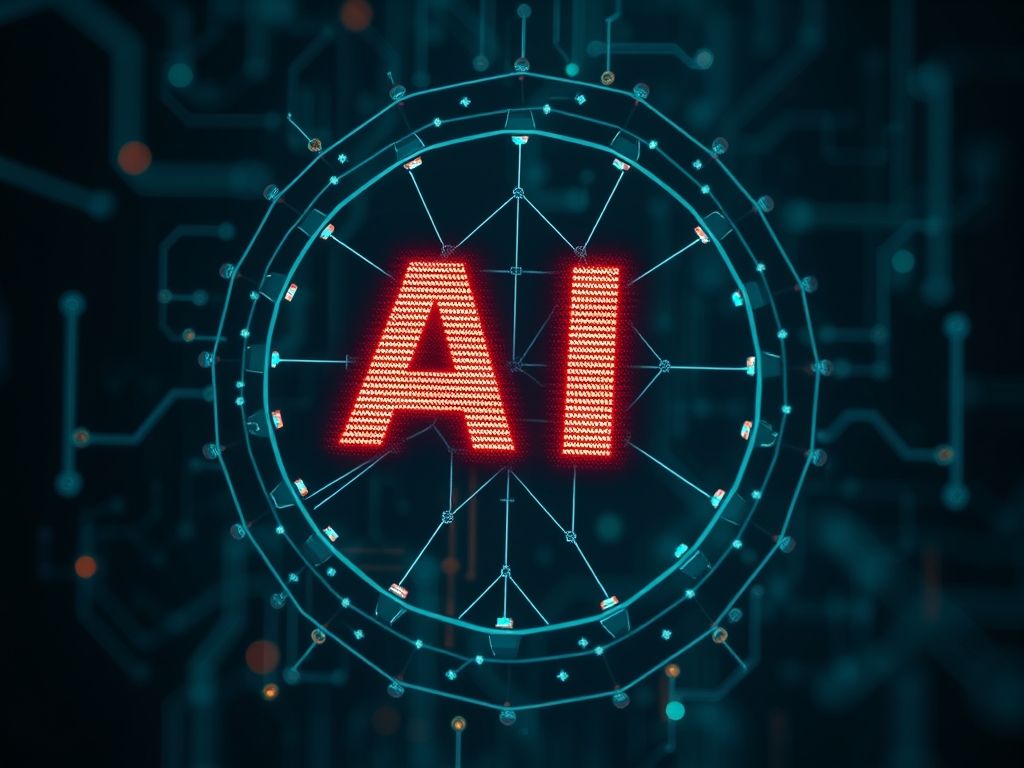Understanding AI in Healthcare
Artificial Intelligence (AI) in healthcare refers to the use of advanced algorithms and software to analyze health data and improve patient outcomes. AI technologies can assist in various functions, including diagnostics, treatment planning, and patient management. The integration of AI into healthcare is not just a trend but a significant evolution in how medical professionals approach patient care.
The Importance of AI in Healthcare
The importance of AI in healthcare cannot be overstated. As medical data grows exponentially, traditional methods of data analysis are becoming insufficient. AI offers solutions that enhance efficiency, accuracy, and accessibility in healthcare settings. It is revolutionizing how doctors diagnose, treat, and manage diseases, ultimately leading to better patient outcomes.
Improving Diagnostics
AI systems can analyze medical images, such as X-rays and MRIs, with high precision, often outperforming human radiologists. For instance, Google’s DeepMind has developed an AI model that can detect over 50 eye diseases with incredible accuracy, leading to earlier interventions.
Enhancing Treatment Plans
Personalized medicine is another area where AI shines. By analyzing a patient’s genetic information alongside vast databases of treatment outcomes, AI can recommend tailored treatment plans that are more likely to succeed. For example, IBM’s Watson for Oncology analyzes the medical literature and patient data to suggest treatment options for cancer patients, making recommendations based on the latest research.
Patient Management and Monitoring
AI-powered tools are also making waves in patient management. Chatbots can assist in scheduling appointments, answering patient queries, and providing reminders for medication. These applications free up healthcare professionals to focus on more critical tasks. For instance, Babylon Health uses AI to provide medical consultations based on personal medical history and common medical knowledge.
Real-World Applications of AI in Healthcare
AI is already making significant contributions in various healthcare sectors. Here are some practical applications:
- Telemedicine: AI-driven platforms facilitate remote consultations, improving access to healthcare services, especially in rural areas.
- Predictive Analytics: Hospitals use AI to predict patient admissions, allowing better resource allocation and staffing.
- Drug Discovery: AI accelerates the drug discovery process by identifying potential drug candidates faster and more efficiently than traditional methods.
- Robotic Surgery: AI-enhanced robotic systems assist surgeons during complex procedures, improving precision and outcomes.
How to Implement AI in Your Healthcare Practice
Implementing AI in a healthcare setting requires careful planning and consideration. Here are steps to guide your integration:
- Identify Areas for Improvement: Analyze your current processes to pinpoint areas where AI can add value, such as diagnostics or patient management.
- Choose the Right Tools: Research and select AI tools that align with your needs. Consider factors such as ease of integration and user-friendliness.
- Training and Support: Provide training for your staff to ensure they can effectively use AI tools. Continuous support is crucial for successful integration.
- Monitor and Evaluate: After implementation, regularly assess the effectiveness of the AI tools and make adjustments as necessary.
Related Concepts in AI and Healthcare
To fully understand AI in healthcare, it’s essential to explore related concepts:
- Machine Learning: A subset of AI that focuses on algorithms that learn from data to improve performance over time.
- Natural Language Processing (NLP): An AI technology that enables computers to understand and process human language, useful in managing patient records.
- Telehealth: The use of telecommunication technologies to provide healthcare services remotely, often enhanced by AI capabilities.
Conclusion: The Future of AI in Healthcare
As technology evolves, the role of AI in healthcare will only expand. Its ability to process vast amounts of data quickly and accurately positions it as a critical tool in modern medicine. By embracing AI, healthcare professionals can enhance patient care, streamline operations, and ultimately save lives. Consider how these advancements can be integrated into your practice and remain at the forefront of medical innovation.
Reflect on how AI could change your day-to-day operations and take the first steps toward implementing these technologies to improve healthcare delivery.









